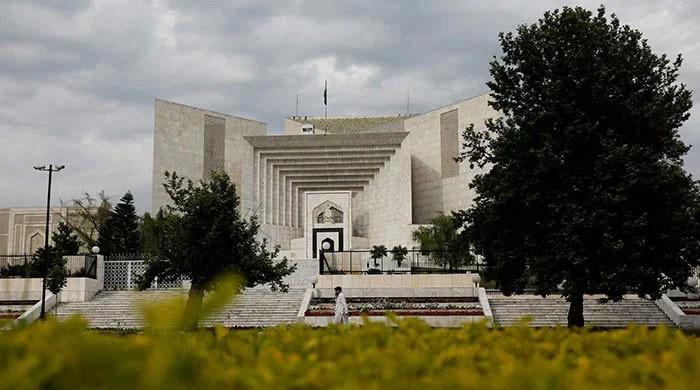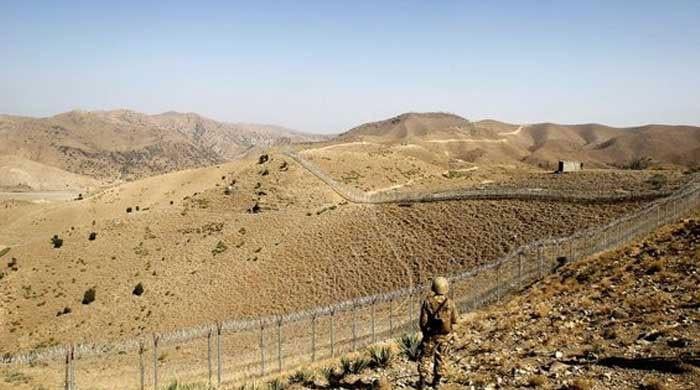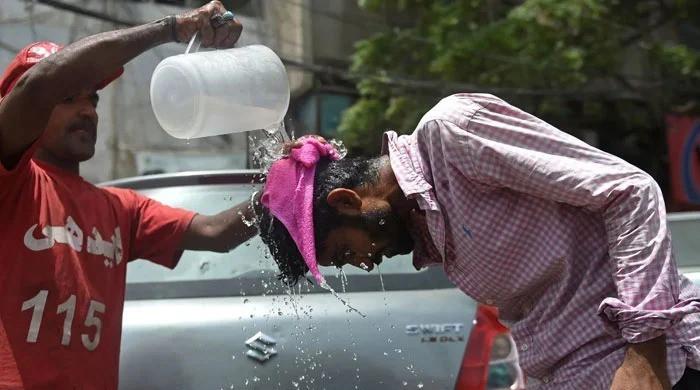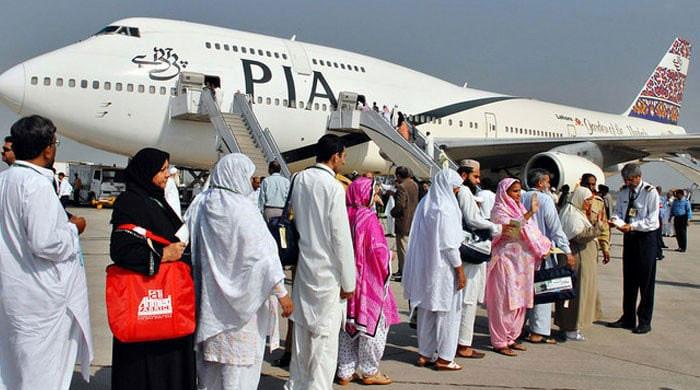Police, judiciary ranked as most corrupt institutions: TIP report
NCPS 2023 reveals 68% Pakistanis believe accountability institutions are used for political victimisation
December 10, 2023
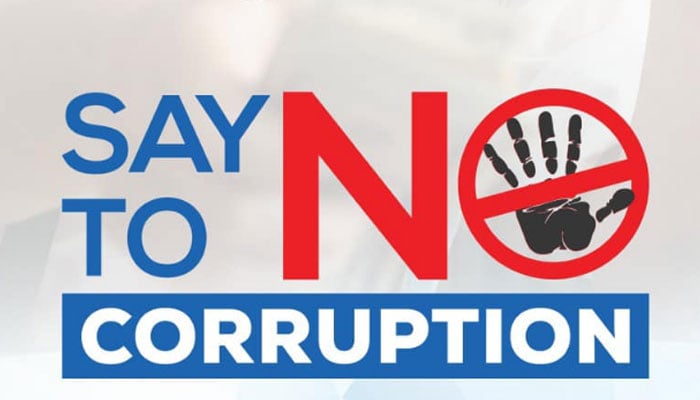
- Average expenditure on bribery was highest in judiciary at Rs25,846.
- 68% think accountability institutions are political victimisation tools.
- In Punjab, citizens paid highest bribe to access police.
ISLAMABAD: Transparency International Pakistan (TIP) Saturday released its National Corruption Perception Survey 2023 which shows the judiciary among the top three most corrupt institutions in Pakistan.
Police are the most corrupt, followed by tendering and contracting and judiciary. Education and Health departments have been evaluated as the 4th and 5th most corrupt institutions. Local Government, Land Administration and Customs, Excise and Income Tax are assessed as 6th, 7th and 8th most corrupt.
In terms of public service delivery, the average expenditure on bribery was the highest on judiciary (Rs25,846). In KP on average paid the highest bribe to access judiciary (Rs162,000), reveals the report.
In Punjab, on an average citizens paid the highest bribe to access police (Rs21,186) whereas in Balochistan on an average citizens paid the highest bribe to access health (Rs160,000).
The NCPS 2023 has revealed that majority of Pakistanis (68%) at the national level believe that accountability institutions such as NAB, FIA and Anti-Corruption Establishments are used for political victimisation.
The survey shows that 60% Pakistanis at national level feel that the accountability institutions (NAB, FIA, ACEs, office of the Ombudsman) should be abolished as they have failed to control corruption.
At the national level (75%) citizens considered private sector to wield too much power and influence, which often leads to corruption. Majority of citizens (36%) considered anti-corruption institutions’ role as “ineffective” in curbing corruption in Pakistan.
At the national level, the major cause of corruption, according to NCPS 2023, is the Lack of Merit (40%). At the provincial level, in Sindh (42%), KP (43%) and Balochistan (47%) consider lack of merit as a potent cause of corruption in Pakistan. In Punjab (47%) consider use of state institutions by bureaucracy for personal gains as the main cause of corruption in Pakistan.
As measures to curb corruption, 55% Pakistanis at the national level say the government should immediately ensure that assets of public officials are disclosed on their websites and 45% say that accountability courts should resolve corruption cases in 30 days.
At the national level, (47%) Pakistanis consider corruption as the main reason hindering Pakistan’s progress.
At the national level, (62%) of Pakistanis consider corruption and unethical practices contributing to environmental degradation and the exacerbation of climate change effects in Pakistan; (67%) feel the provincial and local governments do not take their views in shaping climate policies and actions.
At the national level, 76% of Pakistanis have never filed any Right to Information (RTI) request. According to the TIP, in the last 23 years, Transparency International Pakistan has conducted National Corruption Perception Surveys eight times: NCPS 2002, NCPS 2006, NCPS 2009, NCPS 2010, NCPS 2011, NCPS 2021, NCPS 2022 and NCPS 2023.
The NCPS 2023 comprises the perception of levels and frequency of corruption perceived by the Pakistani citizens. TIP conducted the National Corruption Perception Survey 2023 through its partner organisations, in all the four provinces from 13 October 2023 to 31 October 2023 with 1,600 respondents (400 respondents from each province).
Originally published in The News




